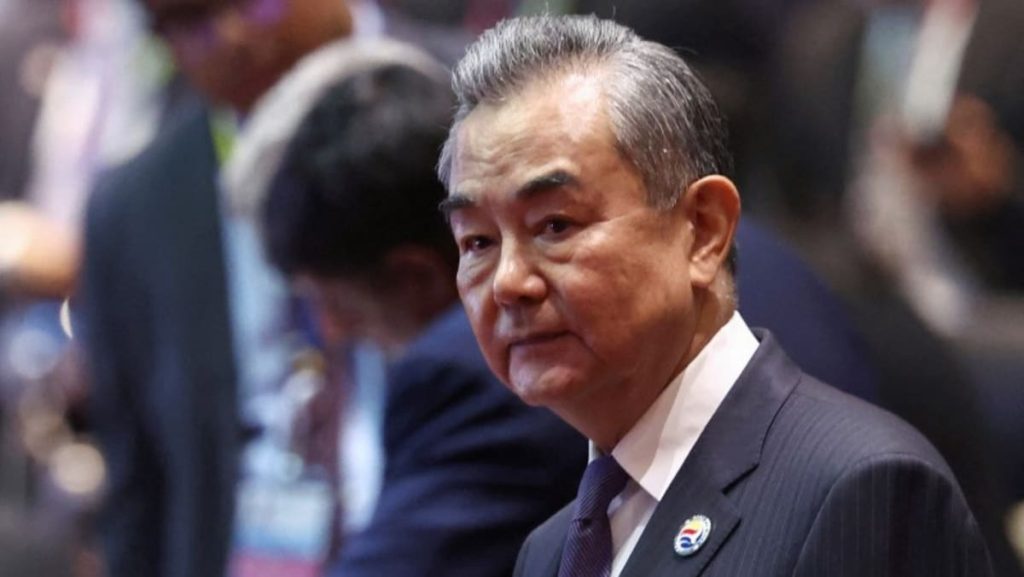Myanmar is currently facing deep divides and ongoing conflict, with civilians being caught in the crossfire of near-daily bomb blasts, targeted killings, and clashes between the military and opponents of the coup. The military has openly admitted that it does not have complete control over certain parts of the country and has resorted to activating a conscription law to bolster its forces. In an attempt to legitimize its rule, the military has announced plans to hold elections next year following a nationwide census.
The junta seized power last year by ousting the democratically elected government of Aung San Suu Kyi and subsequently banned her National League for Democracy party, despite their overwhelming victory in the 2020 elections. The military has justified its takeover by claiming widespread fraud during the election, although these allegations have not been substantiated. The United States has denounced any elections held under the junta as a “sham”, while analysts warn that any attempt to hold polls could further escalate the already volatile situation in the country.
The ongoing conflict has led to a humanitarian crisis in Myanmar, with civilians bearing the brunt of the violence and instability. The military’s opponents, including various ethnic armed groups, continue to resist the junta’s rule and have engaged in guerrilla warfare tactics to challenge their authority. The situation is further complicated by the involvement of external actors, with Russia openly supporting the military’s plan for elections, serving to exacerbate the existing divisions within the country.
The conflict in Myanmar has fueled widespread fear and uncertainty among the population, as they grapple with the daily threats of violence and instability. The constant presence of bomb blasts, targeted killings, and clashes have created a climate of fear and intimidation, with many civilians being forced to flee their homes in search of safety. The lack of control by the military over certain areas has only added to the chaos and uncertainty, further deepening the divides within the country.
The international community has largely condemned the military’s actions in Myanmar, with many countries deeming the coup illegitimate and calling for a return to democracy. The United States, in particular, has been vocal in its support for the restoration of civilian rule and has imposed sanctions on the junta in response to their crackdown on dissent. However, the backing of Russia and other allies has provided the military with a degree of legitimacy, further complicating efforts to resolve the crisis through diplomatic means.
In conclusion, Myanmar remains deeply divided by conflict, with civilians facing daily threats of violence and instability as the military continues to cling to power. The junta’s attempts to legitimize its rule through plans for elections have been met with skepticism and condemnation by the international community, as many fear that any polls held under the military’s control would lack credibility. The situation in Myanmar remains dire, with no clear end in sight to the ongoing crisis, leaving the population trapped in a cycle of fear and uncertainty.


